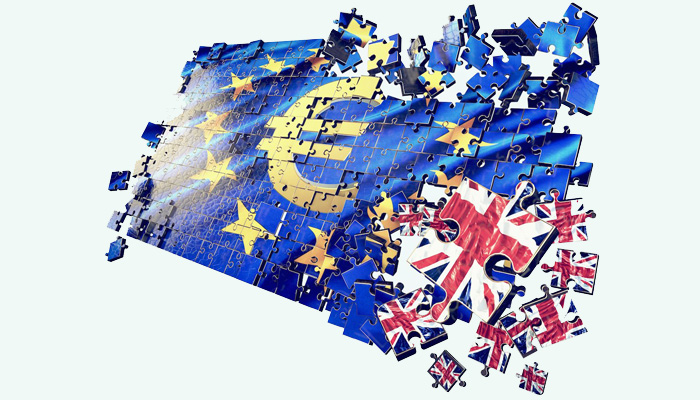JOSEPH S. NYE
CAMBRIDGE – Britain joined what became the European Union in 1973. This year, on June 23, it will hold a referendum on whether to leave. Should it?
Current polls show a closely divided electorate. Prime Minister David Cameron claims that the concessions he has won from Britain’s EU partners should lay to rest popular concerns about a loss of sovereignty to Brussels and an influx of foreign workers from Eastern Europe. But Cameron’s Conservative Party and his own cabinet are deeply divided, while London’s populist mayor, Boris Johnson, has joined the supporters of British exit.
The question of the costs and benefits of British membership in the EU divides the British press as well. Many mass-circulation publications support “Brexit,” whereas the financial press supports continued membership. The Economist, for example, points out that some 45% of British exports go to other EU countries, and that the atmosphere for negotiating a post-Brexit trade deal would likely be frosty.
Moreover, the EU has made clear to non-members such as Norway and Switzerland that they can have full access to the single market only if they accept most of its rules, including the free movement of people, and contribute to the EU budget. In other words, a Britain outside the Union would gain little in terms of “sovereignty”; on the contrary, it would lose its vote and influence over the terms of its participation in the single market. Meanwhile, rival financial centers such as Paris and Frankfurt would seize the chance to establish rules that would help them win back business from London.
Another complication is political: the rise of nationalism in Scotland and the effect of Brexit on the survival of the United Kingdom. In 2014, Scotland voted in its own referendum to remain in the UK; but the nationalists won almost all of Scotland’s seats in the general election eight months later. With Scottish opinion much more pro-European than in England, many believe that Brexit would lead to another referendum on independence. Cameron could be remembered as the prime minister who helped break up the UK (and possibly Europe).
In the United States, President Barack Obama’s administration has stated clearly its belief that Britain and Europe are both stronger together. Illusions of a special relationship with the US replacing the influence of Europe are mistaken. But the British people will weigh whether to support Brexit, and an American hand on the scale could be counter-productive.
At the same time, in the words of Douglas Alexander, the former Labour shadow foreign secretary, “since the end of World War II, America has been the system operator of international order built on a strong, stable Transatlantic Alliance supported by the twin pillars of NATO and the EU. If Britain leaves the EU, America’s closest ally would be marginalized….and the whole European project at risk of unraveling at precisely the time new economic and security threats confront the West.” It is no wonder that Vladimir Putin’s Kremlin would welcome Brexit and meddles in European countries’ domestic politics to try to weaken the EU.
The geopolitical consequences of Brexit might not appear immediately. The EU might even temporarily pull together. But there would be damage to Europe’s sense of mission and its soft power of attraction. Ensuring financial stability and managing immigration would be much more difficult as well.
In addition to a revival of Scottish separatism, Britain’s inward turn in recent years could accelerate. And over the longer run, the effects on the global balance of power and the liberal international order – in which Britain has a strong national interest – would be negative.
When it acts as an entity, Europe is the largest economy in the world, and its population of nearly 500 million is considerably larger than America’s 325 million. It has the world’s largest market, represents 17% of world trade, and dispenses half of the world’s foreign assistance. It also has 27 universities ranked in the top 100 worldwide, and its creative industries contribute about 7% to its GDP. American per capita income is higher, but in terms of human capital, technology, and exports, Europe is very much an economic peer.
In terms of military expenditure, Europe is second only to the US, accounting for 15% of the world total, compared to 12% for China and 5% for Russia. Of course, that number is somewhat misleading, given Europe’s lack of military integration. France and Britain are the two major sources of European expeditionary power.
European and US resources are mutually reinforcing. Direct investment in both directions is higher than with Asia, and US-European trade is more balanced than US trade with Asia. At the cultural level, Americans and Europeans share the values of democracy and human rights more with each other than with any other world regions.
Faced with a rising China, a declining but risk-inclined Russia, and the prospect of prolonged turmoil in the Middle East, close transatlantic cooperation will be crucial to maintaining a liberal international order over the long term. Recognizing that Brexit, by weakening both Europe and Britain, would make a disorderly international system more likely, should tip the balance in favor of maintaining the status quo.







Comments